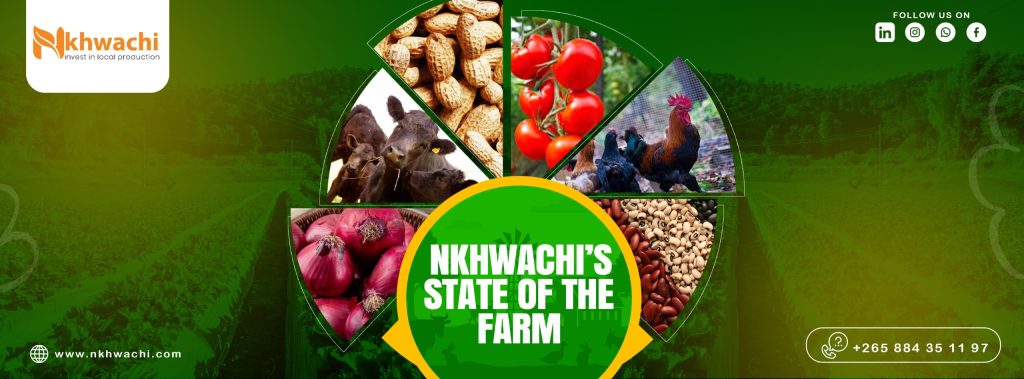In April 2016, the State President of the Republic of Malawi, Prof. Arthur Peter Mutharika, declared a national disaster after devastating drought reduced maize production by 12.4%. The government responded quickly, with high-level visits to flood-affected areas and promises of change.[1] [2] Indeed, the occurrence of drought and flooding in the same rainy season. Experts urged the nation to learn from the experience and pursue reforms through making deliberate efforts to diversify crops, invest in irrigation, and move away from over-reliance on rain-fed maize farming.
Fast forward to 2025, and the picture is eerily similar — except now it’s worse.
Recent reports indicate that Malawi has experienced a 20% drop in maize yields over the past five years.[3] Once again, the nation faces rising food insecurity. And once again, we’re caught off-guard by a crisis we should have seen coming.
The problem isn’t just the droughts and floods — though they are becoming more frequent and severe due to climate change. The real issue is that we haven’t changed how we grow food. Despite years of warnings, maize remains our default crop, year after year, rain or no rain.
And when the rains fail — as they often do — the entire food system collapses.
Why Does this Matter?
-
Maize is highly sensitive to weather extremes and minor changes often lead to disastrous results.
-
Our heavy dependence on it makes the entire country vulnerable.
-
Efforts to diversify into crops like cassava, sorghum, and potatoes have been too small and too slow.
We can no longer afford to treat each failed harvest as a surprise. The pattern is clear, the risks are rising, and the time to act was yesterday.
What Needs to Change?
-
Policy shift: Government incentives must support diversified agriculture.
-
Irrigation scale-up: We must reduce reliance on rainfall for food production.
-
Cultural mindset: Maize should not equal food — we must shift how we define household food security.
-
Community resilience: Local foods and drought-resistant crops need to be part of every district’s plan.
Malawi cannot continue to treat food insecurity as a seasonal surprise. The pattern is no longer unpredictable — it’s a cycle we’ve seen play out year after year. Droughts and floods may be beyond our control, but how we prepare for and respond to them is not.
We must shift from reaction to resilience.
That means rethinking our over-dependence on maize, scaling up irrigation, and investing in a more diverse and climate-smart agricultural system. It also means empowering farmers to grow crops that can survive harsh conditions — and ensuring communities have the tools and reserves to withstand future shocks.
The longer we wait to act, the more vulnerable our people become. But if we choose the path of adaptation and innovation now, we can build a food system that not only survives — but thrives — in a changing climate.

